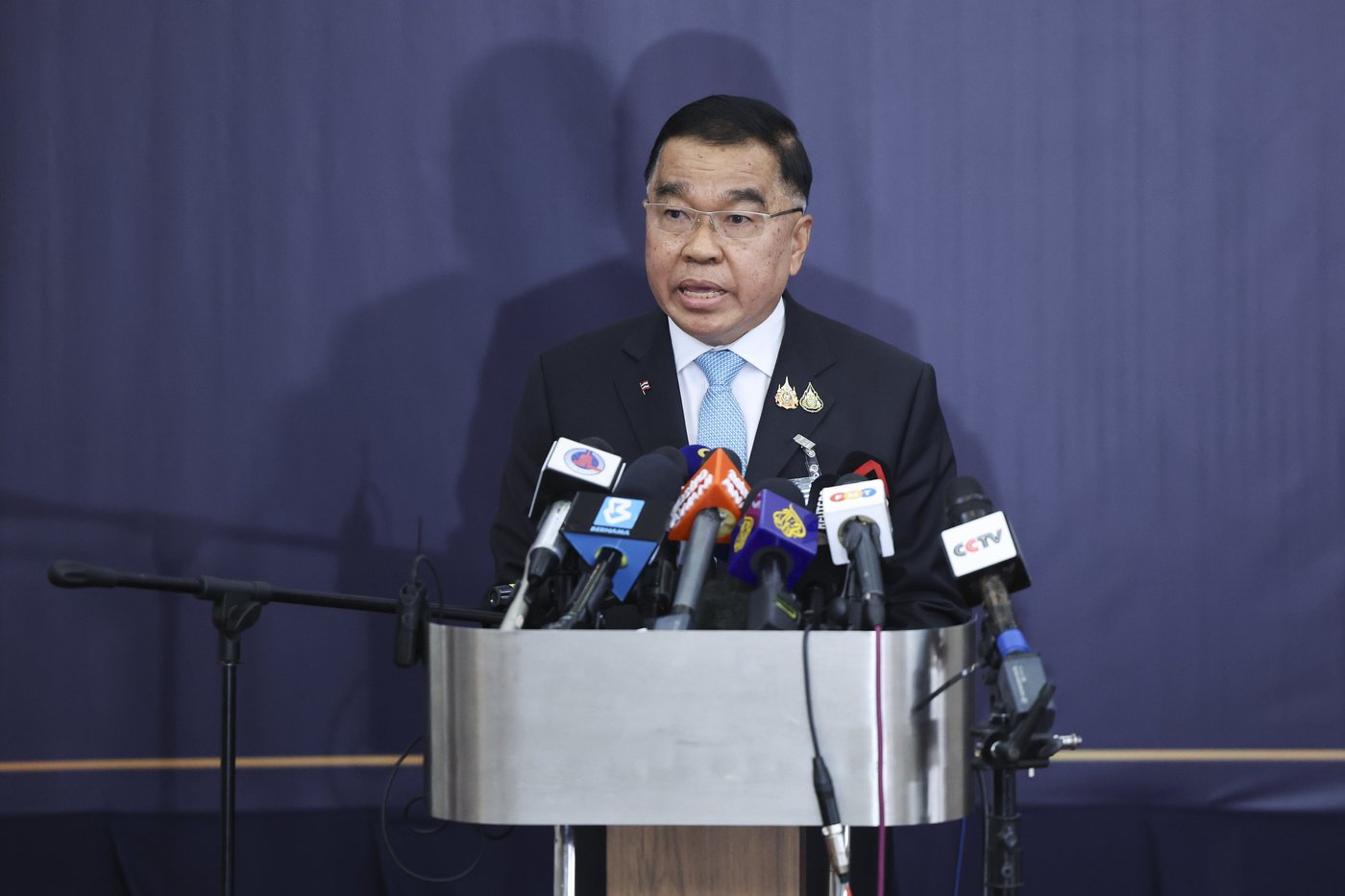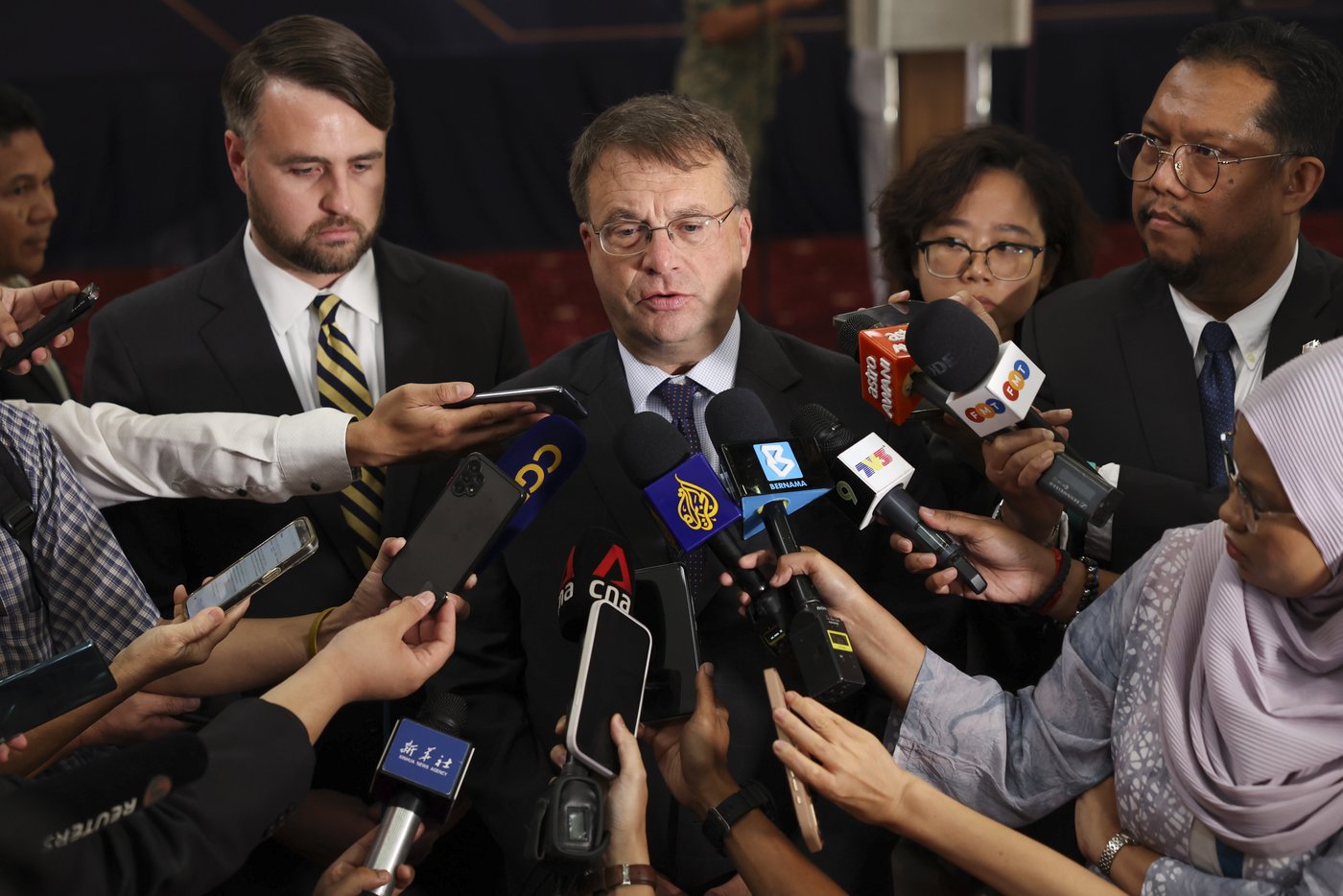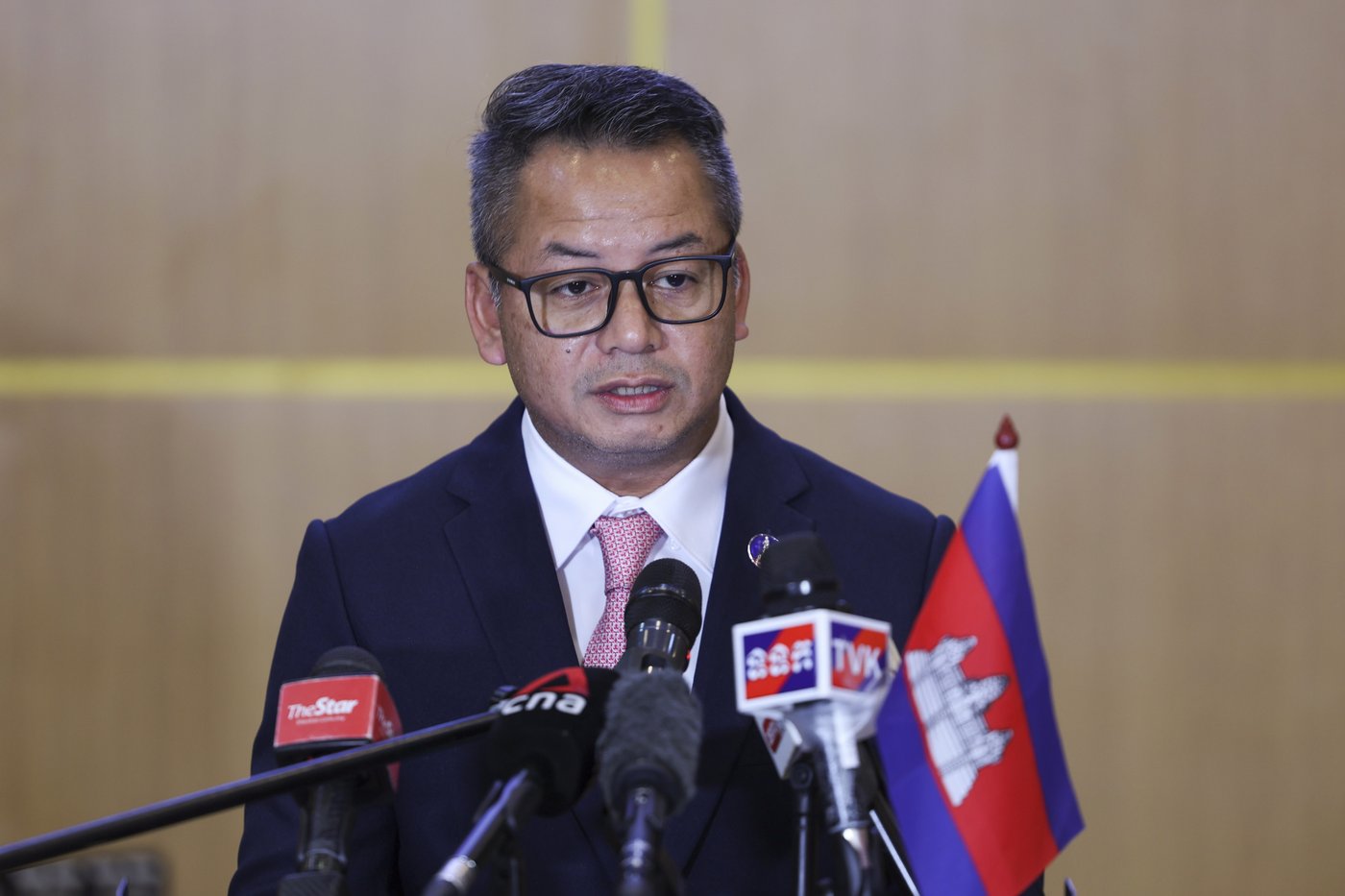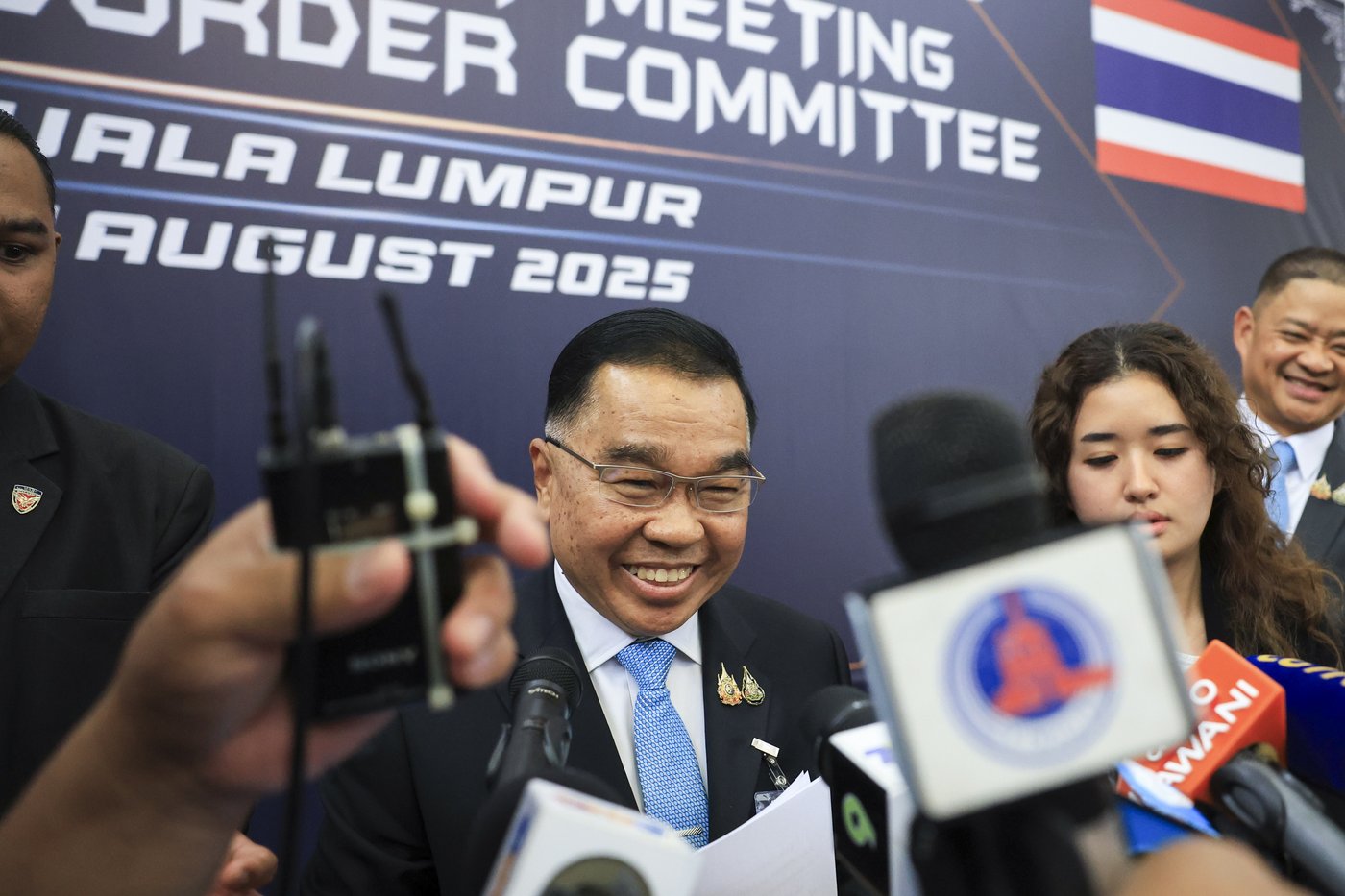Elevate your local knowledge
Sign up for the iNFOnews newsletter today!
Sign up for the iNFOnews newsletter today!
Selecting your primary region ensures you get the stories that matter to you first.

KUALA LUMPUR, Malaysia (AP) — Thailand and Cambodia agreed Thursday to establish interim observer teams to monitor a fragile ceasefire that ended five days of of deadly armed border clashes, even as the fate of 18 Cambodian soldiers captured by Thailand remains unresolved.
The first meeting of the General Border Committee concluded after four days of talks in the Malaysian capital, Kuala Lumpur, with a focus on ensuring the full implementation of the ceasefire brokered by Malaysia on July 28.
Dozens of people were killed and over 260,000 displaced on both sides of the Thai-Cambodian border, when fighting began after a land mine explosion along the border wounded five Thai soldiers.
According to a joint statement from the committee, each country will set up its own interim observer team comprising defense officials from the Association of Southeast Asian Nations and coordinated by the bloc’s annual chair Malaysia, pending the deployment of a formal ASEAN observer mission. The interim teams will operate within their respective borders and work closely with local military authorities.
The main meeting Thursday was chaired by Cambodian Defense Minister Gen. Tea Seiha and Thailand’s Deputy Defense Minister Gen. Natthaphon Nakpanit. Malaysian Defense Minister Mohamed Khaled Nordin, along with representatives from the U.S. and China, attended as observers.
U.S. Ambassador to Malaysia Edgard D. Kagan said after the meeting that the outcome was an important milestone.
“The U.S. believes this is an important step. However it’s important to recognize this is only a step. The goal here is a durable sustainable ceasefire, one that is able to be accepted and enforced by both sides,” he told reporters. He said the U.S. would work closely with Malaysia and ASEAN to monitor the truce.
The July 28 ceasefire followed economic pressure from U.S. President Donald Trump, who had warned the warring nations that the U.S. would not conclude trade deals with them if the fighting persisted. Washington lowered tariffs on goods from the two countries from 36% to 19% on Aug. 1.
However, tensions persisted as each country accused the other of violating the agreements and organized tours of the former battle areas for foreign diplomats and other observers to highlight damage allegedly caused by the other side.
The two countries also continued to accuse each other of having violated international humanitarian laws with attacks on civilians and the use of illegal weapons.
While both sides reaffirmed commitments to halt hostilities, freeze troop movement and avoid provocations, the issue of the 18 Cambodian soldiers captured just hours after the ceasefire took effect remains a sticking point. The joint statement did not directly mention them but it noted that the captives should be “immediately released and repatriated after the cessation of active hostilities.” It didn’t clarify iwhether this refers to a formal end to the conflict.
Cambodia had accused Thailand of mistreating the captured men. Two wounded members of the 20-man Cambodian group were repatriated on Friday.
Thai authorities, however, called the group “prisoners of war” and said they would only be freed and repatriated following an end to the conflict.
The Thai foreign ministry said in a separate statement Thursday that the 18 prisoners have been treated in full compliance with international humanitarian law. It said members of the International Committee of the Red Cross had visited them on Tuesday at their detention facility, and that the men were in good health and without any injury.
Cambodia and Thailand have clashed in the past over their 800-kilometer (500-mile) border. Tensions had been growing since May when a Cambodian soldier was killed in a confrontation that created a diplomatic rift and roiled Thailand’s domestic politics.
_______
Associated Press reporter Grant Peck in Bangkok and Sopheng Cheang in Cambodia contributed to this report.




This site is protected by reCAPTCHA and the Google Privacy Policy and Terms of Service apply.
Want to share your thoughts, add context, or connect with others in your community?
You must be logged in to post a comment.